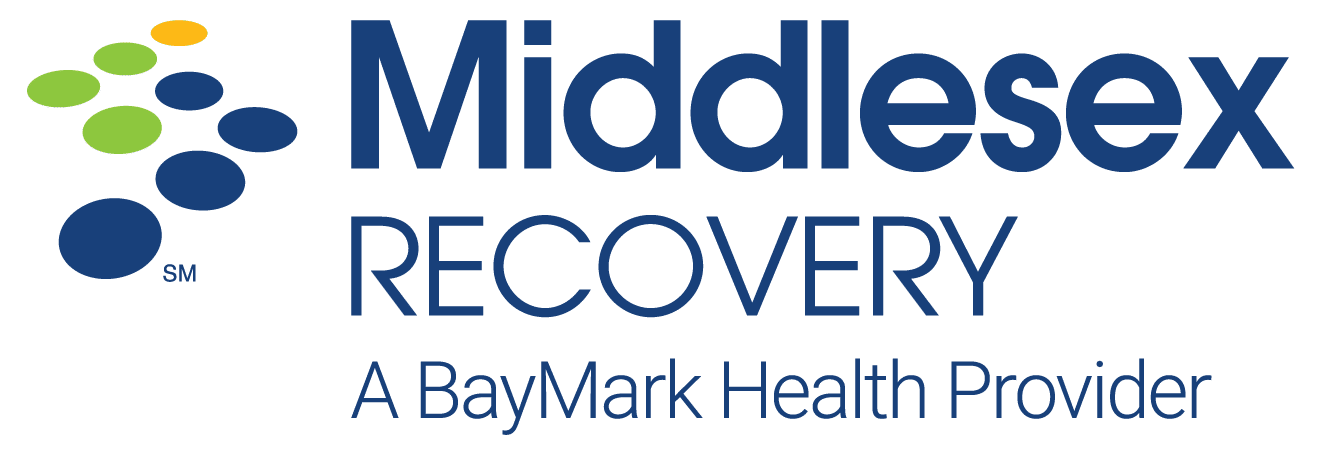At Middlesex Recovery, we believe recovery is a community effort. Many individuals struggling with substance use disorder (SUD) first seek help through local organizations—churches, shelters, nonprofits, outreach centers, and other community programs that provide critical support.
By partnering with these organizations, Middlesex Recovery helps ensure that individuals in need of treatment are connected to compassionate, evidence-based care. Together, we can bridge the gap between crisis and recovery, providing hope and stability to those most at risk.

When you partner with Middlesex Recovery, you gain a trusted ally in helping your community access life-changing addiction treatment. We work closely with staff and volunteers to make referrals simple, confidential communication, and measurable outcomes.
Here’s how we support our partners:
Our goal is to complement your mission, not replace it—working alongside you to improve lives and strengthen community well-being.
Middlesex Recovery partners with a wide range of community-based organizations that share our commitment to supporting individuals and families affected by substance use disorder, including:
Whether you serve individuals in crisis, provide case management, or connect families with resources, we’re here to help extend your impact.

Our partnerships create tangible, lasting benefits for both organizations and the communities they serve. Clients gain timely access to treatment and stability, organizations are better equipped to connect individuals with ongoing support, and entire communities see reductions in substance-related harms.
Through collaborative care, Middlesex Recovery has helped community partners:
Together, we create pathways to healing—transforming lives, families, and neighborhoods.
If your organization serves individuals affected by substance use, partnering with Middlesex Recovery can make a measurable difference. Our team is ready to provide resources, coordinate referrals, and support your mission to build a stronger, healthier community.
You can submit a referral through our secure online portal or by calling your nearest Middlesex Recovery location. Our intake team will contact the individual directly to schedule an appointment.
We provide office-based medication-assisted treatment (MAT) for adults with alcohol use disorder and opioid use disorder. Clients can begin treatment even if they are new to recovery or currently receiving other support services.
No. Our partnership and educational resources are provided free of charge as part of our community outreach mission.
Yes. We assist clients in exploring available funding options, including state programs or self-pay arrangements, to ensure cost is not a barrier to care.
